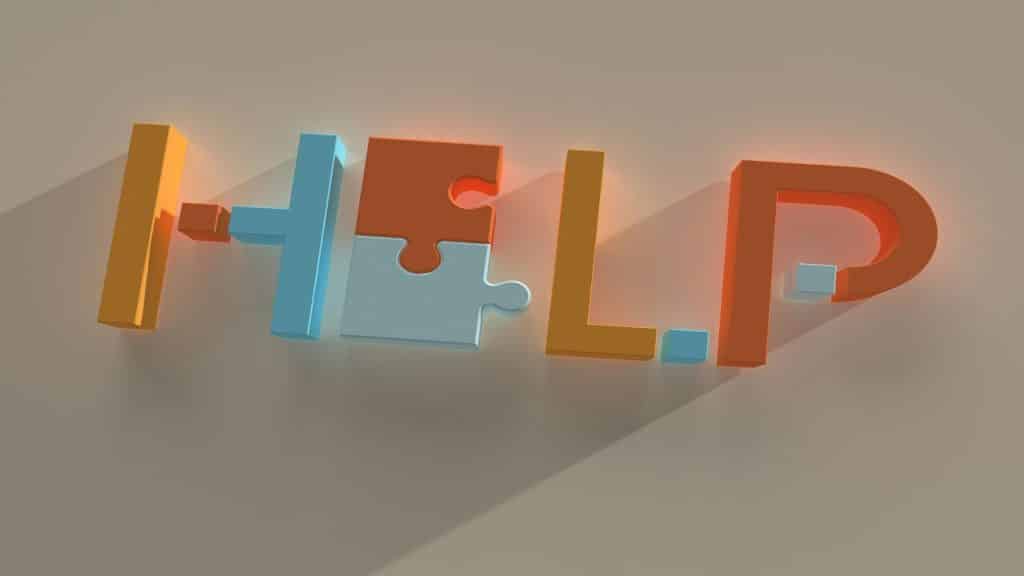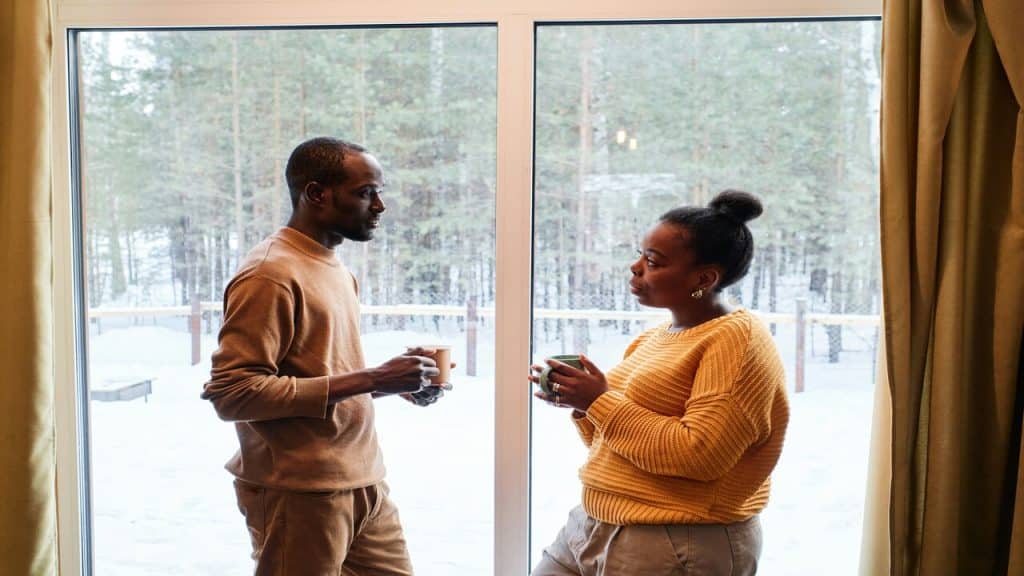
There’s a quiet war happening inside a lot of men–and no one sees it. Not because they’re hiding something sinister, but because they’ve been trained not to speak. Not about insecurity. Not about exhaustion. Not about needing love or softness or help.
Ask them how they’re doing, and you’ll hear “I’m good.” But peel back the layers? You’ll find a dozen truths they don’t know how to say without being mocked, labeled, or misunderstood.
So here’s the stuff they wish they could say out loud, without being shamed for it.
1. “I don’t always want to be the strong one”

Being “the rock” sounds noble until you’re drowning and no one thinks to throw you a rope. A lot of men feel like they’re only loved for what they can endure–not who they are. But strength without softness becomes a mask. Some days, they don’t want to lead, fix, or reassure. They want to fall apart in someone’s arms without being seen as weak.
2. “I need reassurance too”

Men are expected to give security, not need it. But even the most stoic guy wonders sometimes if he’s doing enough, if he’s lovable, if you still see him the way you once did. They may not say it out loud, but a simple “I’m proud of you” or “I still choose you” can quiet a storm they’ve been wrestling with silently.
3. “I don’t always have the answers”

Men are often cornered into playing the problem-solver–even when they’re as lost as everyone else. Admitting “I don’t know” feels like failure, not honesty. But sometimes, they’re figuring it out in real time, hoping no one notices the fear behind their calm exterior. Letting them be unsure is a quiet kind of love.
4. “I hate being objectified too”

It’s not just women who feel reduced to body parts or paychecks. Many men feel unseen unless they’re performing–financially, physically, or sexually. The pressure to look, act, or earn a certain way messes with their self-worth too. They want to be valued beyond their abs, status, or stamina.
5. “I worry I’m not man enough”

“Man enough” is a moving target no one can define but everyone’s trying to hit. Too emotional? Weak. Too logical? Cold. Too kind? A pushover. Too assertive? A threat. Men are stuck in a loop of expectations that contradict themselves. The truth is, most just want to be enough without the gender checklist.
6. “I want to be loved for who I am not what I provide”

Men are told they’re providers first, people second. But deep down, they wonder–if they stopped earning, building, fixing, or paying, would anyone still be there? Real love isn’t transactional. Men crave relationships where their worth isn’t tied to their utility but their soul.
7. “I feel lonely even in a room full of people”

Men often carry silence like a second skin. They laugh, joke, even perform socially–but inside, it’s hollow. Loneliness doesn’t always look like isolation. It can look like group dinners, successful careers, and family photos… with no one who really sees them.
8. “I’m scared to open up because it might be used against me”

Vulnerability is risky. Many men have opened up just once–only to have it thrown back in their face during an argument or breakup. So they stop. Not because they don’t want to connect, but because they’ve learned that honesty has consequences. Earning their trust again means never weaponizing their truth.
9. “I feel pressure to always perform in bed”

Performance anxiety isn’t just about physical intimacy–it’s about identity. Men are made to believe their masculinity hinges on how well they please, how often they initiate, how long they last. The pressure to be perfect kills real intimacy. Sometimes, they just want connection without a scorecard.
10. “I have trauma I’ve never talked about”

Not every man has a dramatic backstory, but many have bruises they never named. Childhood wounds. Abandonment. Betrayal. Bullying. Grief. And they’ve carried it silently because the world doesn’t make space for male pain unless it turns into anger. They’re tired of pretending it didn’t happen.
11. “I want to be a present dad even if I didn’t have one”

Some men are parenting without a blueprint–winging it in real time because their own father wasn’t around or didn’t know how to love. But they’re trying. They don’t always get credit for that. They want to rewrite the story, even if they’re scared they’ll repeat it.
12. “I’m not okay and I don’t know how to ask for help”

Mental health isn’t a gendered issue, but the silence around it often is. Men aren’t handed the vocabulary or tools to say “I’m not okay.” They mask it with work, distraction, even jokes. But underneath, they’re craving someone to notice the cracks and say, “I’ve got you.”
13. “I feel pressure to succeed or I’m nothing”

Success isn’t just a goal–it’s how men are told they’ll earn love, respect, and dignity. No wonder failure feels like a personal collapse. But not every season is winning season. Men need to hear they’re still valuable when they’re lost, unemployed, starting over, or just plain tired.
14. “I need more than just physical intimacy to feel close”

There’s a stereotype that men only connect physically–but many crave emotional closeness just as much. They want cuddles, inside jokes, long talks, quiet moments. Sex without connection feels empty. And a lot of men are too embarrassed to say they want tenderness, not just friction.
15. “I get jealous and it makes me feel ashamed”

Jealousy is a human emotion, not a character flaw. But men are often shamed for feeling it–like they’re controlling, insecure, or weak. The truth is, it usually comes from fear of being replaced or not enough. Instead of dismissing it, most men just want to talk about it without being labeled toxic.
16. “I don’t want to be the villain in your story”

Men are terrified of becoming the thing they never wanted to be. Of being remembered not for their effort, but their failures. Some carry the weight of past mistakes like chains. They wish they could explain the context–not to excuse it, but to be understood as more than a single chapter.
17. “I want to feel emotionally safe too”

Emotional safety isn’t just a woman’s need–it’s a human one. Men want to express, cry, explore, and be held in the messy middle. But most have been told their emotional needs are inconvenient. Real intimacy starts when they feel they can be all of themselves, not just the “tough” parts.






Ask Me Anything